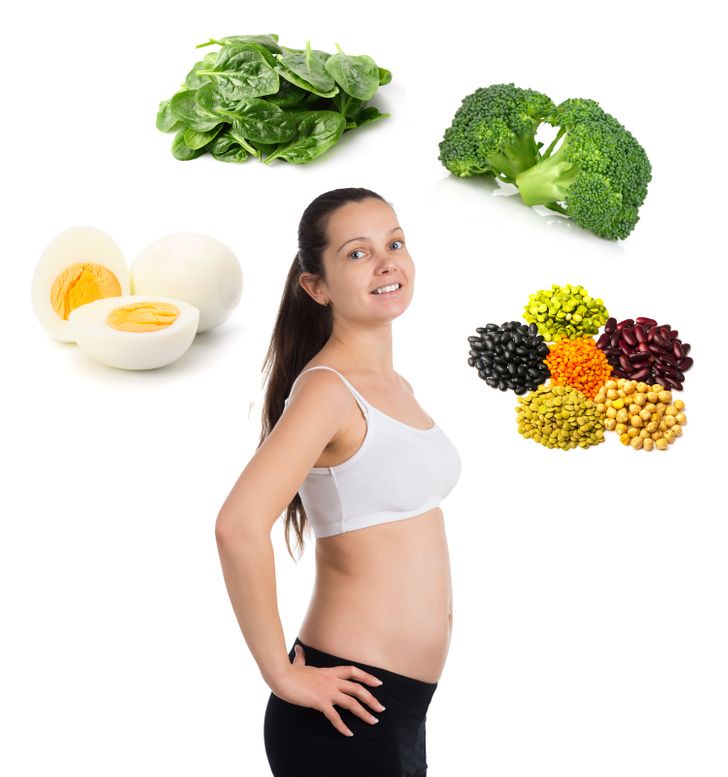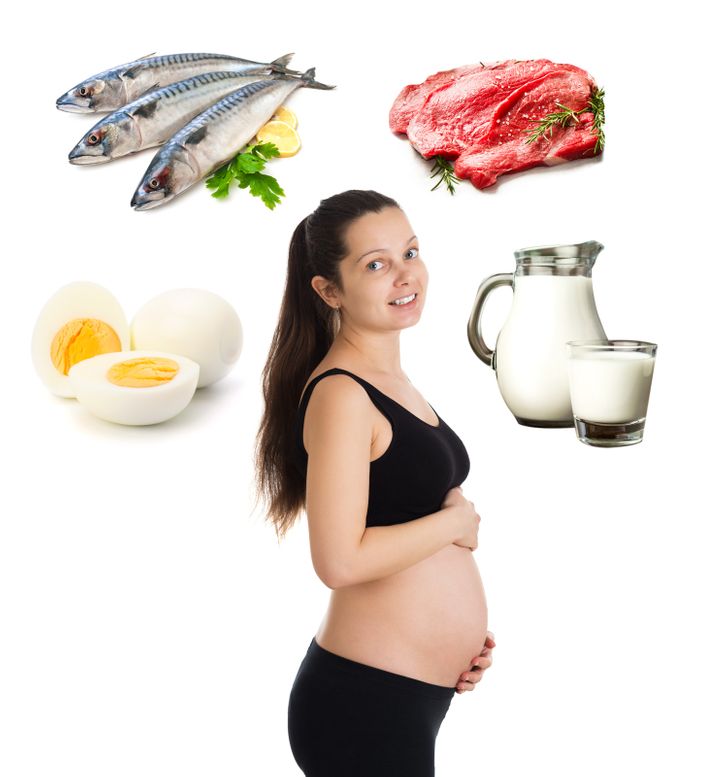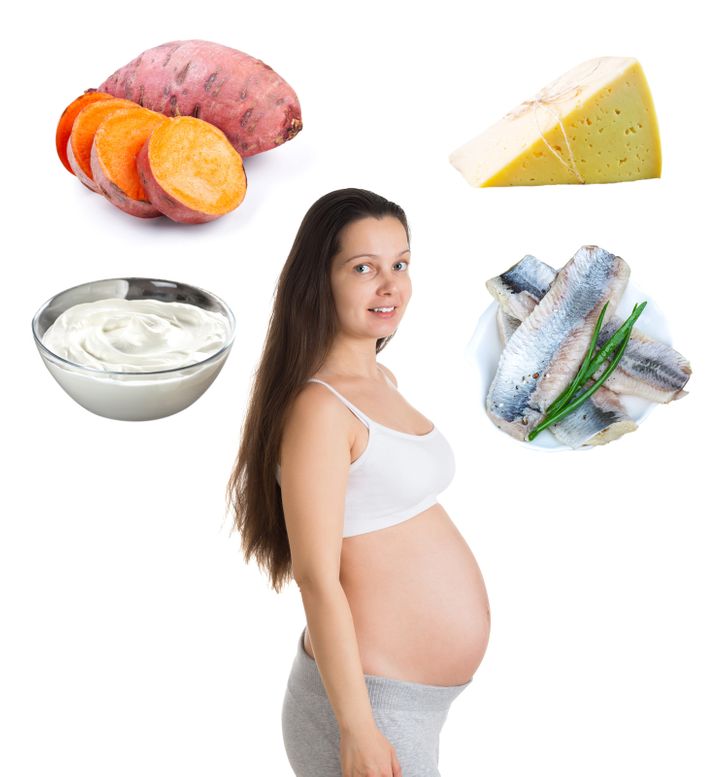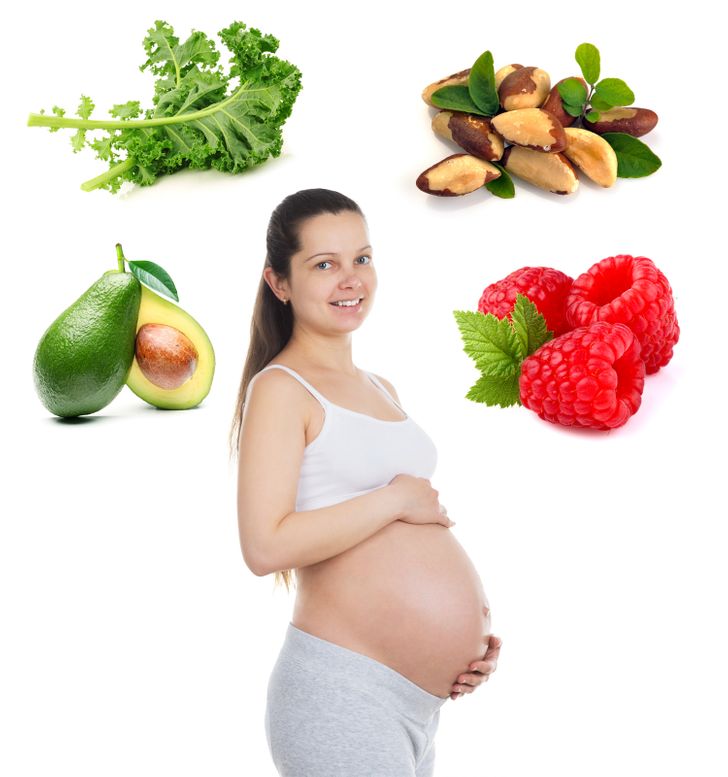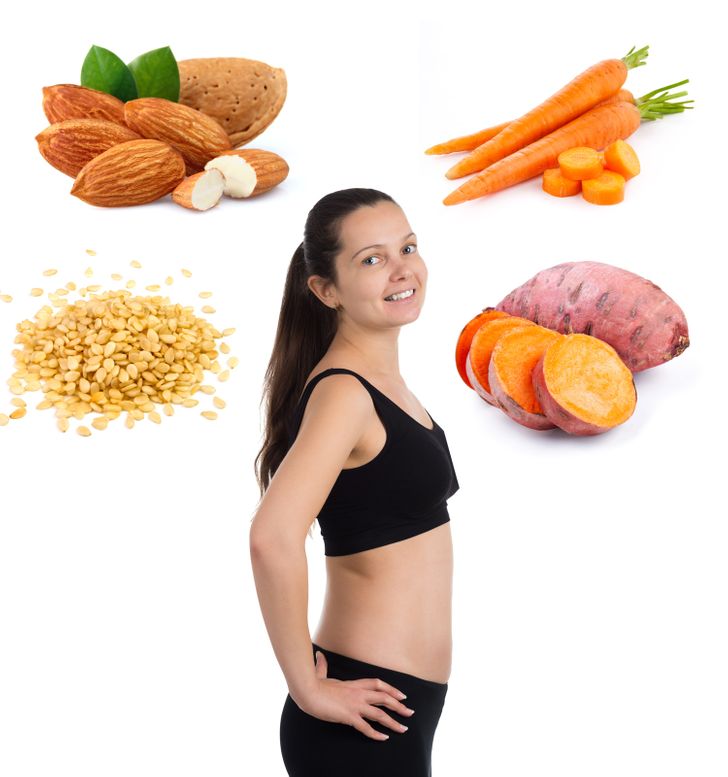I will share this useful information with my sisters :)
I think it will be really handy for the times when they decide to become moms
Which Foods Pregnant Women Need to Eat Week by Week to Have a Healthier Baby
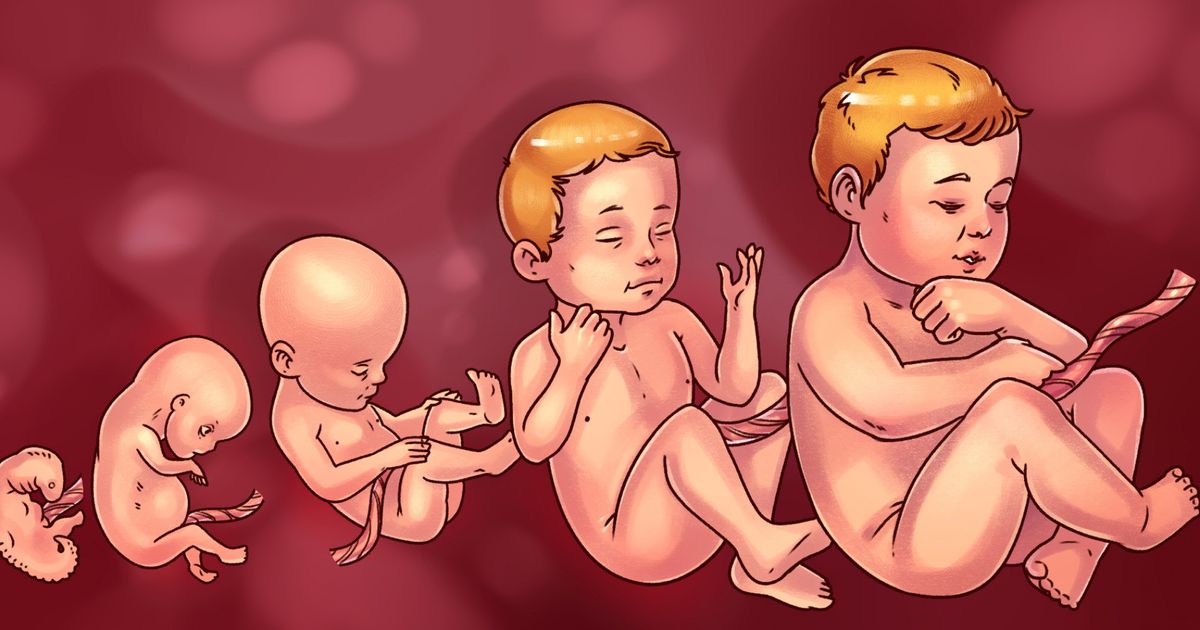
Most people are aware of what a healthy diet should include. But during pregnancy, the body’s requirements change, meaning it needs additional protein, vitamins, and minerals. As a matter of fact, during the second and the third trimesters, the body might need an additional 300-500 calories every day to fulfill the caloric needs of the mother and unborn child. The mother will need approximately the same amount of extra calories daily after giving birth, during the first few months of breastfeeding.
Analyzing the many nutrients that are required during pregnancy, Bright Side prepared a list of food that pregnant mothers should eat during a regular week.
The early weeks
During the early weeks of pregnancy, what you eat will serve as the nutritional reserve for you and your baby. Therefore, it’s very important that you stockpile on all the right nutrients that are needed. Folic acid-rich foods are the right thing to eat at this stage since they help in early spinal development. Eating greens can also help relieve morning sickness as they are rich in magnesium.
- leafy greens
- broccoli
- eggs
- legumes
Weeks 4 to 12
At around the 6th week of your pregnancy, the baby’s red blood cells start forming and its heart starts pumping. At this stage, you should consume iron-rich food to aid the process. Iron found in non-vegetarian food is more easily absorbed by the body, however, if you are a vegetarian, you can speed up the process of iron absorption by drinking fruit juices like orange juice that are rich in vitamin C.
- dairy
- eggs
- meat
- seafood
By the end of the first trimester, the baby’s brain starts developing faster than any other part of the body. Eating foods rich in omega-3 fatty acid and DHA at this stage will provide the nutrients needed to aid in this process.
- mackerel
- sardines
- prenatal vitamin supplements containing EPA or DHA
Weeks 13 to 28
This is a crucial stage as the baby is developing fast. You need a lot of nutrients at this time.
Beta-carotene and DHA for the eyes
- carrots
- sweet potato
- spinach
- mackerel
- sardines
Calcium for bone development and strengthening
- milk
- yogurt
- tofu
- cheese
- sardines
Vitamin D to help absorb the calcium
- sardines
- herring
- fortified milk
Zinc for the production, repair, and functioning of DNA
- red meat
- shellfish
- beans
- nuts
- whole grains
- dairy products
Weeks 29 to 40
As you start approaching the final weeks of your pregnancy, there are a lot of things that you must add to your diet.
Vitamin K to help with blood clots
- kale
- spinach
- green leaf lettuce
- Swiss chard
- broccoli
- cauliflower
- cabbage
Calcium and magnesium for stronger bones
- milk
- cheese
- legumes
- avocado
- banana
- raspberries
Selenium for healthy lung function
- brazil nuts
- eggs
- brown rice
Post birth
It’s very important to take proper care of yourself post-childbirth. What you will eat now will impact the nutrients the baby gets through breastmilk. Plus, it’s important to keep yourself healthy too.
Copper to help reduce inflammation
- sesame seeds
- almonds
- cashew nuts
Beta-carotene helps a baby’s eye development. A baby’s eyes keep developing up to 6 months after birth. So eating beta-carotene-rich food will enable the baby to reap its benefits through breastmilk.
- carrots
- sweet potato
High-calorie foods are important! Women need about 300 extra calories each day during the first few months of breastfeeding, so don’t starve yourself.
Share this article with all your pregnant friends and family members, and let us know in the comments what other nutrients and foods you consumed during pregnancy.
Comments
Good tips, thank you :)
Good advice ?
Related Reads
My Daughter Refused to Give Us Grandkids, So We Refused to Give Her Inheritance

13 Times Babysitting Jobs Took an Unexpected and Emotional Twist

20 Vacation Stories That Are Way More Interesting Than a Postcard

15 Stories That Remind Us Kindness Is Quiet but Never Weak

I Wasn’t Invited to My Son’s Baby Reveal, and It Led to a Painful Discovery

I Refuse to Be My Family’s ATM Just Because I’m “the Successful One”

20+ Cleaners Honestly Revealed What Their Job Is Really Like, and It Shattered Our Stereotypes

I Didn’t Give Up My Parking Spot to a Mom With an Infant — I Served Her a Reality Check
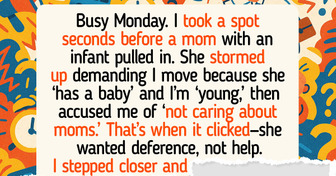
I Found Out My Husband Transferred Our Marital Property to His Mother’s Name—So I Made My Own Move

15+ People Shared What It’s Really Like When a Surprise Inheritance Lands in Your Lap

11 Stories Prove It Takes a Real Superpower to Handle Rude Customers

I Refuse to Let an Interviewer Belittle Me, So I Turned the Tables in Seconds

